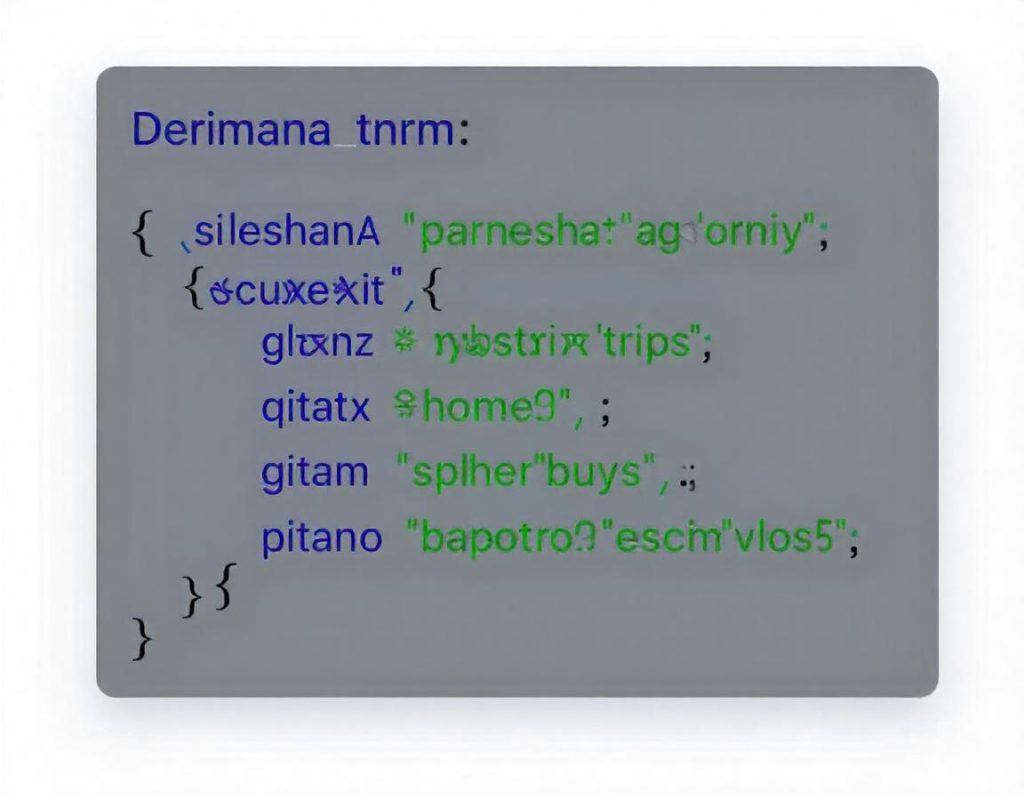Schema markup, also known as structured data, is a powerful tool that helps search engines understand your website’s content. By implementing schema markup correctly, you can enhance your search result listings with rich snippets, improving visibility and click-through rates (CTR). Below are actionable tips to make the most of schema markup for SEO.
1. Understand the Different Types of Schema Markup
Familiarize yourself with the types of schema markup relevant to your content. Some of the most common types include:
Learn How To Boost Your Sales Online
- Article Schema: For blog posts and news articles.
- Product Schema: For eCommerce product pages, showing prices, reviews, and availability.
- Local Business Schema: For local businesses to display contact information, opening hours, and location.
- FAQ Schema: To highlight frequently asked questions on a page.
- Event Schema: To showcase event details like date, time, and location.
- Recipe Schema: For recipe content, including ingredients, cooking time, and calories.
2. Use Google’s Structured Data Markup Helper
Google provides a free tool, the Structured Data Markup Helper, to generate schema markup code. Simply input your URL or HTML content and tag the elements you want to markup, such as titles, images, and descriptions. The tool generates the code for you to copy and paste into your website.
3. Validate Your Schema Markup
After adding schema markup to your site, validate it to ensure there are no errors. Use tools like:
- Google’s Rich Results Test: Check if your structured data qualifies for rich snippets.
- Schema.org Validator: Verify the accuracy of your schema markup syntax.
- SEO Plugins: Many plugins like Yoast SEO and Rank Math also provide schema validation features.
4. Keep Your Markup Updated
Ensure your schema markup reflects the most current information. For example:
How to Make Money as a Fashion Affiliate Marketer
- Update Product Schema with new prices or stock availability.
- Modify Event Schema when event details change.
- Refresh FAQ Schema to align with the latest questions from your audience.
5. Leverage FAQ and How-To Schema
Add FAQ Schema and How-To Schema to enhance your search presence for informational queries. These structured data types are particularly effective for voice search and mobile results.
Implementation Tips:
- Ensure the questions and answers are clearly defined and relevant.
- Use ordered steps and actionable instructions for How-To Schema.
6. Combine Schema Types for Maximum Impact
You can layer multiple schema types on a single page to provide comprehensive information. For instance:
- Combine Product Schema with Review Schema to show product ratings alongside price details.
- Use Event Schema with Organization Schema to highlight both the event and the hosting entity.
Make Money in 7 Days as an Entertainment Blogger and Affiliate Marketer – The Easy Way!
7. Use JSON-LD Format
JSON-LD (JavaScript Object Notation for Linked Data) is the preferred format for schema markup as recommended by Google. It is easier to implement and maintain compared to other formats like Microdata or RDFa.
8. Focus on Critical Pages
While adding schema to your entire site is beneficial, prioritize high-value pages such as:
- Homepage (Local Business Schema)
- Product or Service Pages (Product or Offer Schema)
- Blog Posts (Article Schema)
- FAQ Pages (FAQ Schema)
9. Monitor the Impact with Google Search Console
After implementing schema markup, use Google Search Console to track its impact. The Enhancements Report highlights any errors or opportunities for improvement in your structured data.
Blog Writing & SEO Optimization Services
10. Stay Updated with Schema.org
Schema.org regularly updates its library of structured data types. Stay informed about new schema types and best practices to ensure you’re leveraging the latest opportunities.

